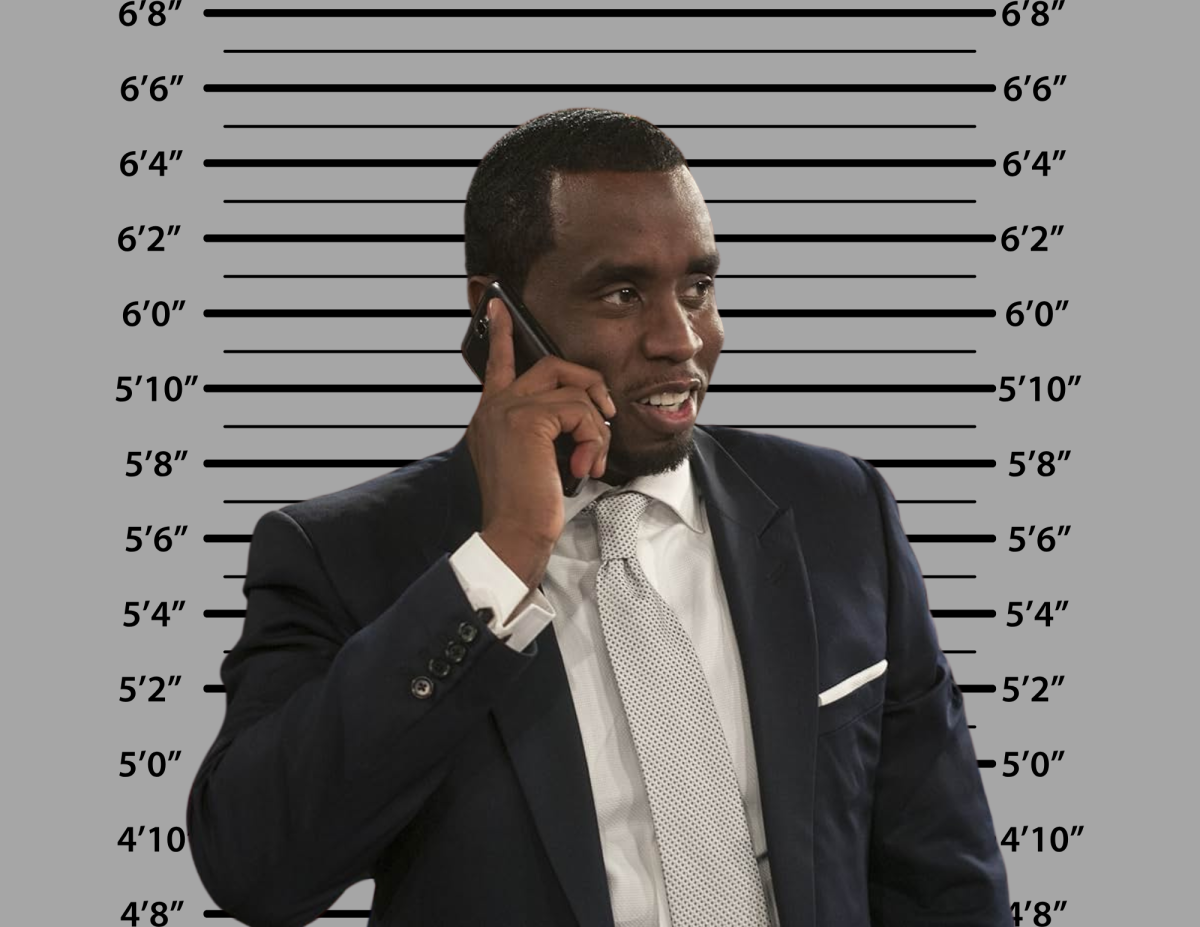Written by: Jakob Wood
Why personal ethics get in the way of lawmaking
When it comes to assisted suicide, gay marriage, marijuana, or (God forbid) abortion, the oppositions are often founded in personal values rather than selfless concern.
With assisted suicide and gay marriage being recently legalized in California, the debate about whether or not it should be legal is once again revived, in addition to the long running arguments on abortion and drugs.
The problem with these debates is that the party against the controversial matters bases their argument in personal values rather than considering everyone else the matter affects.
For example, the popular dispute against assisted suicide is that it’s immoral and inhumane. This is purely based on personal beliefs and completely disregards the context of the situation.
The factual argument against assisted suicide would be that it’s a form of murder and is unconstitutional. This claim is valid because it’s unbiased and supported by evidence, yet how often is this the first thing said about assisted suicide?
In the case of marijuana, people have been conditioned to think it’s bad because it’s criminal and dangerous.
The real reason it isn’t legal is because of it’s association with mexican immigrants in the early 1900s.
If drugs like tobacco and alcohol (yes, alcohol is a drug) are not only legal but readily available, an herb like marijuana with both medical and textile benefits doesn’t belong on a list next to meth and heroin.
Too many personal opinions become law. Yes, everyone is entitled to freedom of speech, but that is not the same as enforcing one’s belief system on the rest of the country.
This was the case for gay marriage, a topic about love that was turned into a debate full of personal objections.
Even with equal marriage finally legalized, the conservative party still rallies against it. Apparently, the sanctity of marriage is threatened by same-sex lovers but not divorce rates.
There is such an obvious lack of credibility in these arguments, yet these are the people determining our laws. People that believe gays are abominations who don’t deserve civil rights, just like blacks weren’t real people until the 18 hundreds.
These biased oppressors should not be allowed to decide the sanctity of an institution that once made women the property of men.
Another extremely controversial debate: abortion. Many people believe it is simply a form of murder, and that’s it.
However, the focus is too often on the unborn, nameless, partially developed fetus rather than the woman carrying the baby.
To those against abortion, the host of the child is close to irrelevant, or worse, the one to blame.
A woman’s right to her own body is being taken away because other people think she’s obligated to support a fetus for nine months and go through excruciating pain. That sounds more like a punishment than a fight for human rights.
What about the father? There’s a not-so-subliminal layer of sexism that everyone seems to forget or ignore, condemning the woman while turning a blind eye to the man.
SNL made a valid point saying that “If men could get pregnant, abortion clinics would be like starbucks. Two on every corner, four in every airport.”
So why are men still making decisions on a matter that concerns the rights of women?
The point of this nation is to provide the people with freedom, yet people are so eager to restrict someone else’s rights because they don’t approve of a lifestyle that differs from their own.
If you don’t want to commit suicide, don’t do it. If you think marijuana is wrong, don’t smoke it. If you frown upon gay marriage, don’t marry someone of the same sex. And if you’re against abortion, sign up for an eight hour birth simulation.
There are plenty of other legitimate controversies to rally against that don’t oppress another person’s freedom.






